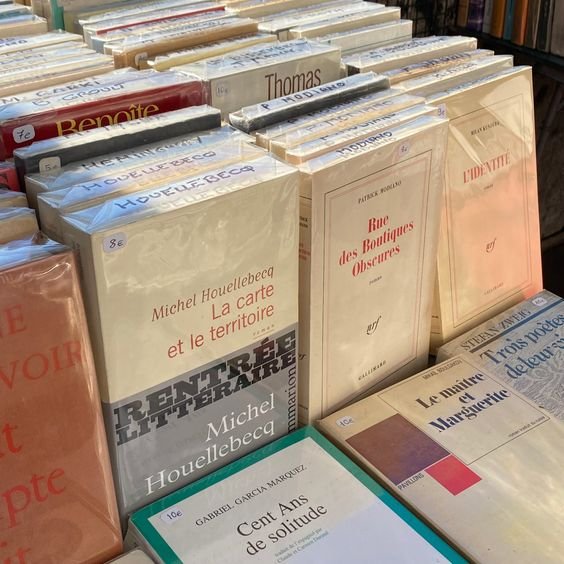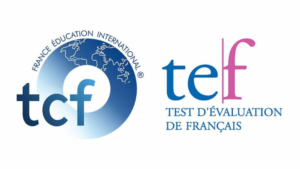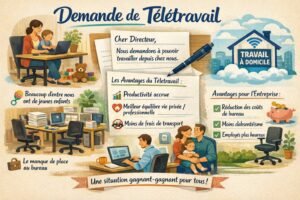Imagine gaining access to a vibrant cultural world brimming with exquisite cuisine, timeless art, and captivating literature. Learning French can open up all these wonders and more. Although the path to fluency may seem challenging, there is a way to make it easier by bilingual French stories. In this blog, we’ll delve into how these stories can revolutionize your language learning journey.
Why learn French?
The language offers a gateway to cultural richness, career advantages, and global significance. French is synonymous with love, fashion, and fine dining, allowing you to appreciate classic literature, enjoy French cinema without subtitles, and understand French culinary terms authentically. In the global job market, bilingualism in French, can set you apart. As an official language in 29 countries, proficiency in French can unlock opportunities in international business, diplomacy, and tourism.
But learning French comes with challenges. Its grammar is complex, featuring nouns, verb conjugations requiring practice and patience. Pronunciation is another hurdle, with nasal sounds and silent letters necessitating listening and speaking practice to develop a good accent.

How Bilingual Stories Work?
Bilingual stories typically present the French text alongside the English translation. Some formats alternate by paragraph or even by sentence, allowing you to compare and understand the text easily. To get the most out of bilingual stories, start by reading the French text first. Try to grasp the meaning from the context and use the English translation as a support tool. Over time, challenge yourself to rely less on the translation. Use what you learn in everyday conversations and writing. Try summarizing the stories in French or discussing them with a language partner to reinforce your knowledge.
How to choose books according to your language level?
Beginner level

Start with simple stories to build a basic vocabulary. Look for repetitive sentence structures and common phrases. Practice pronunciation by reading aloud. Refer frequently to the English translation to understand context and meaning.
Le Petit Prince” by Antoine de Saint-Exupéry (The Little Prince)– This classic story is simple and perfect for beginners. It includes many basic French vocabulary and structures.
Contes de fées en français et en anglais” by Charles Perrault (Fairy Tales in French and English)-A collection of well-known fairy tales presented in both French and English.
French Short Stories for Beginners” by Lingo Mastery– This book offers a variety of short stories for beginners, with vocabulary and grammar explanations.
Les Aventures de Tintin” by Hergé– Why: These graphic novels are engaging and visually driven, making comprehension easier for beginners.
Contes de Perrault” (Tales by Perrault)– Why: Fairy tales are a great way to start with familiar stories, and Perrault’s tales are simple and enjoyable.
Intermediate Level

Focus on understanding more complex grammatical structures. Try to guess the meaning of new words from context before checking the translation. Set a regular reading schedule to build consistency.
Le Petit Nicolas” by René Goscinny– A humorous series about a young boy’s adventures. The language is a step up from beginner level, with more complex sentence structures and vocabulary.
L’Étranger” by Albert Camus (The Stranger)– Though philosophical, the language is relatively straightforward, making it a suitable challenge for intermediate learners.
French Short Stories for Intermediate Level” by Frederic Bibard– This book offers engaging stories designed for intermediate learners, complete with translations and comprehension questions.
Harry Potter à l’école des sorciers” by J.K. Rowling– Why: The familiar storyline helps in understanding the French text, and the language complexity is suitable for intermediate learners.
Advanced Level

Focus on expanding your vocabulary with more sophisticated words and idiomatic expressions. Analyze the text for deeper meaning and nuances in language. Summarize chapters or write reflections in French to reinforce learning.
Madame Bovar by Gustave Flaubert– A masterpiece of French literature, this novel’s intricate language and deep themes are ideal for advanced learners.
Les Misérables by Victor Hugo– A lengthy and complex novel that provides a rich linguistic and cultural experience.
La Peste by Albert Camus (The Plague)– Another profound work by Camus, offering advanced learners a chance to dive into complex narratives and vocabulary.
Le Comte de Monte-Cristo by Alexandre Dumas– Why: This epic tale provides a wealth of vocabulary and expressions, ideal for those looking to deepen their language skills.
Related: From Bonjour To Fluency: A Step-By-Step Guide To Learn French Online.
Resources to get books
You can find lots of French short stories and children’s books to buy on the following websites:
LingQ offers a vast library of bilingual stories with audio support, linguabooster provides a range of bilingual books with the digital reading.
French-English Bilingual Stories series- These collections cater to different levels and are widely available.
Dual Language Readers- Another excellent series that presents French and English texts side by side.
Online Forums- Join forums like Reddit’s r/French or language learning communities on Facebook.
Book Clubs- Participate in or start a bilingual book club to discuss stories and practice language skills.
Bilingual stories are an effective and enjoyable way to learn French. Whether you’re a beginner, intermediate, or advanced learner you can learn a lot by reading books, also if you want to level up your french skills you must check out Learnfrenchenligne (LFE), it is one of the best french online school. Start with the recommended books, and watch your French skills flourish. Bon apprentissage!







